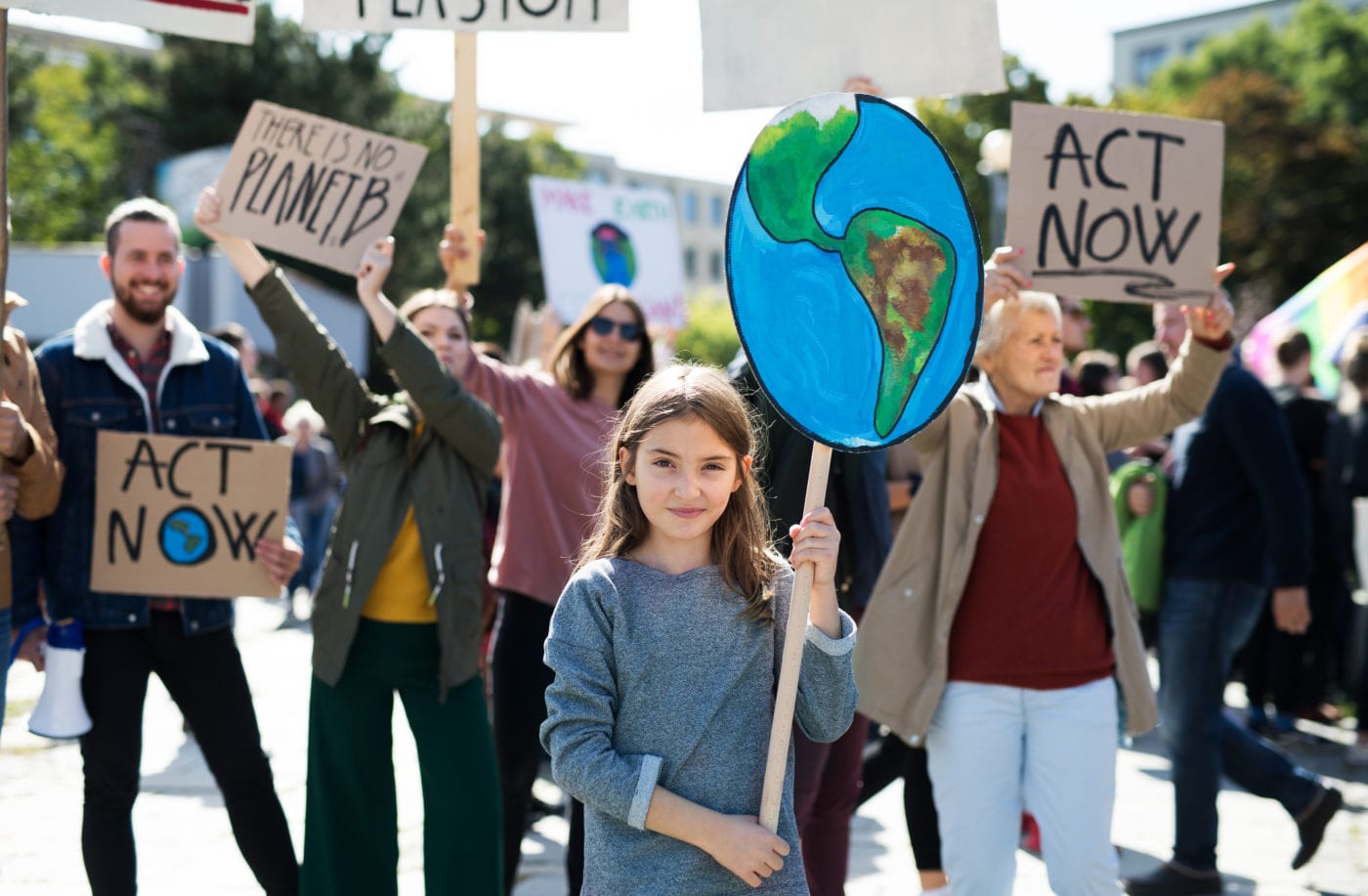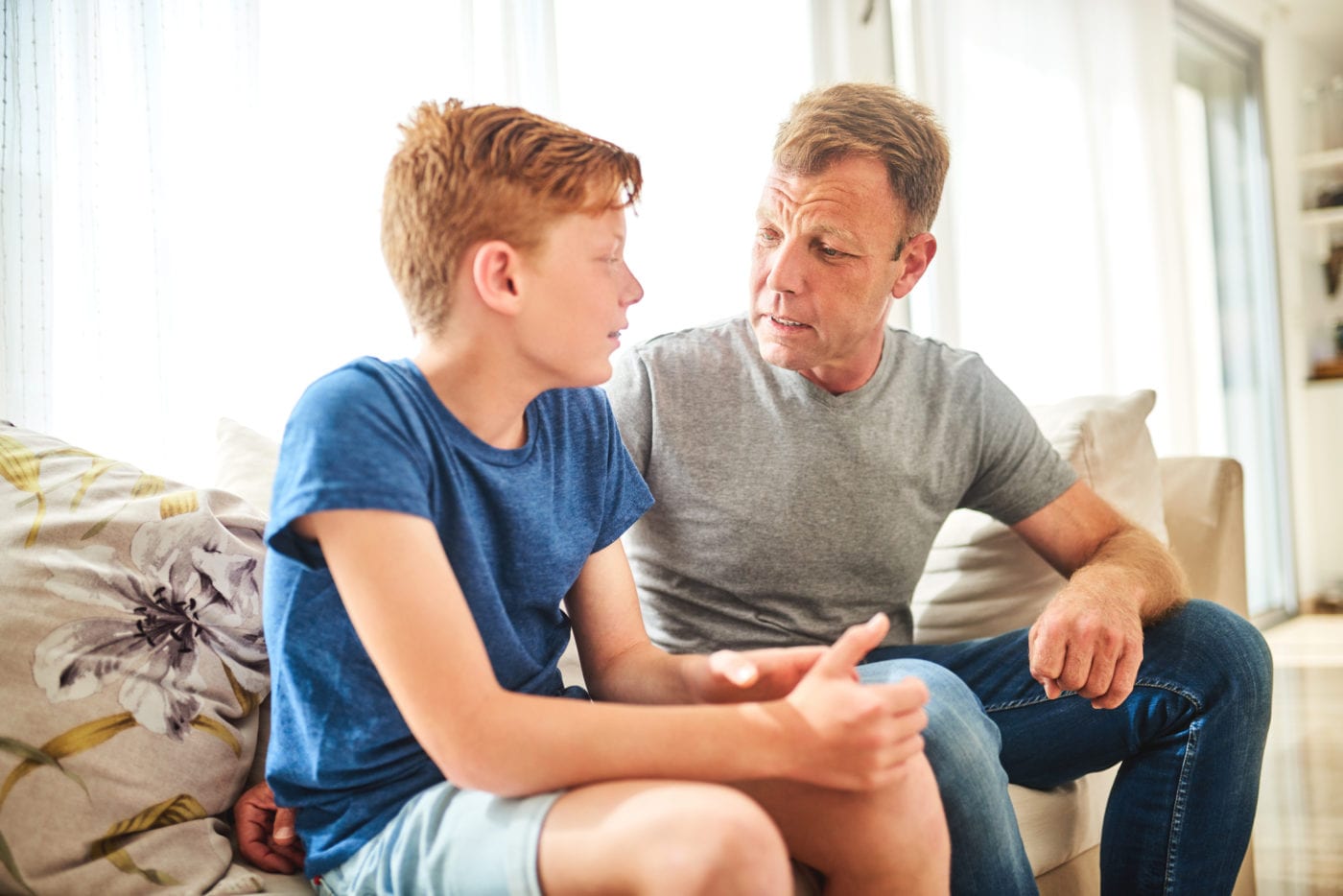I don’t know if you noticed, but there’s an election in the U.S. in just a few months. If you haven’t noticed the onslaught of ads via TV and social media, you’ve probably at least noticed that everyone is just a bit more on edge than usual. Well, regardless of whether you noticed or not, I’ll tell you someone who definitely did: your teen.
In fact, a recent survey by The New York Times revealed that teens are reporting a significant amount of disillusionment around political issues but also motivation to be politically engaged. Did you catch that? Teens are both disillusioned and determined to be involved. So how can you walk with them in this tumultuous time? Here are 7 practices for navigating a difficult political season with your teen.
1. Limit the amount of news in your home.
Most of what we call news nowadays is actually just entertainment targeted at specific segments of the population. Generally their goal is to breed fear, distrust, and anger. Ban this news from your home. It’s toxic for your kids and for you. I’m not saying you can or should remove the news all together. You need to be informed. So does your teen. But do your best to avoid the most egregious offenders. And, when you do have it on, watch it with your teen, and engage him in conversation about what you’re seeing.
2. Listen without passing judgment.
As you begin engaging with your teen, listen without passing judgment. The Times survey indicated that for the first time on record teens report a strong affiliation with a particular party. In other words, politics for teens is an opportunity to help shape their world, and they have opinions. So listen without making a judgment. Listen to learn.
3. Ask lots of questions.
As you’re listening, ask lots of questions. Why does he think this way? Where do his ideas come from? What do his friends think? What are his teachers saying? Has he considered other approaches? Who would stand to gain from the policies he supports? Who would stand to lose? Be curious.
4. Pray together.
As a person of faith in a tradition (Christianity) that clearly reveals the impotence of both political and religious power, I am regularly disheartened by how many people in my circle believe the only way to make a difference is by getting your preferred politician in office. Belief in political power unfortunately often trumps belief in the power of prayer. Gently call your teen to refocus by praying. Pray for elected officials and for your neighbors. Ask God to help you love your enemies, even if you decide not to vote for them.
5. Avoid caricatures.
Caricatures are great in political cartoons or comedy sketches. They are utterly unhelpful for dealing with the complexity of the political environment and unique individuals who run for office, not to mention the vast diverse group of people who support them. If you really want to help your teen engage with politics well, model respect for those who disagree with you. If you find their policies or their character (or both) abhorrent, say as much. But do so without resorting to cheap stereotypes and name calling. Politics for teens needs more substance than that.
6. Look for practical ways to serve around you.
If we aren’t careful, we can teach our teens that their only duty is to vote well. But really, as critical as voting is, its only one part of being an engaged and informed citizen. At least as important, and possibly more so, is the choice to act on your values as well as vote on them. So talk to your kids about policies you think will make a difference, and then engage in serving those in your community. Volunteer for organizations making a meaningful impact. Raise money for nonprofits doing amazing work. Help your teen see that while politics are important, they’re only a part of the greater opportunity to shape your world.
7. Share honestly but humbly.
Your teen needs to know what you think and why. That doesn’t mean he’ll agree with you. In fact, he probably won’t. But he needs to hear your perspective and be challenged in his own. Politics for teens is an expression of what they believe, but the biggest influence on their perspective is still you. So share honestly, but share humbly. Admit where you don’t understand macro economics or the nuances of particular political realities, and use this as an opportunity to learn together—even if, in the end, you still disagree.
Sound off: What other tips might you offer for navigating a difficult political season with your teen?











Huddle up with your teen and ask, “What do you think is the most important issue in politics right now? Why?”